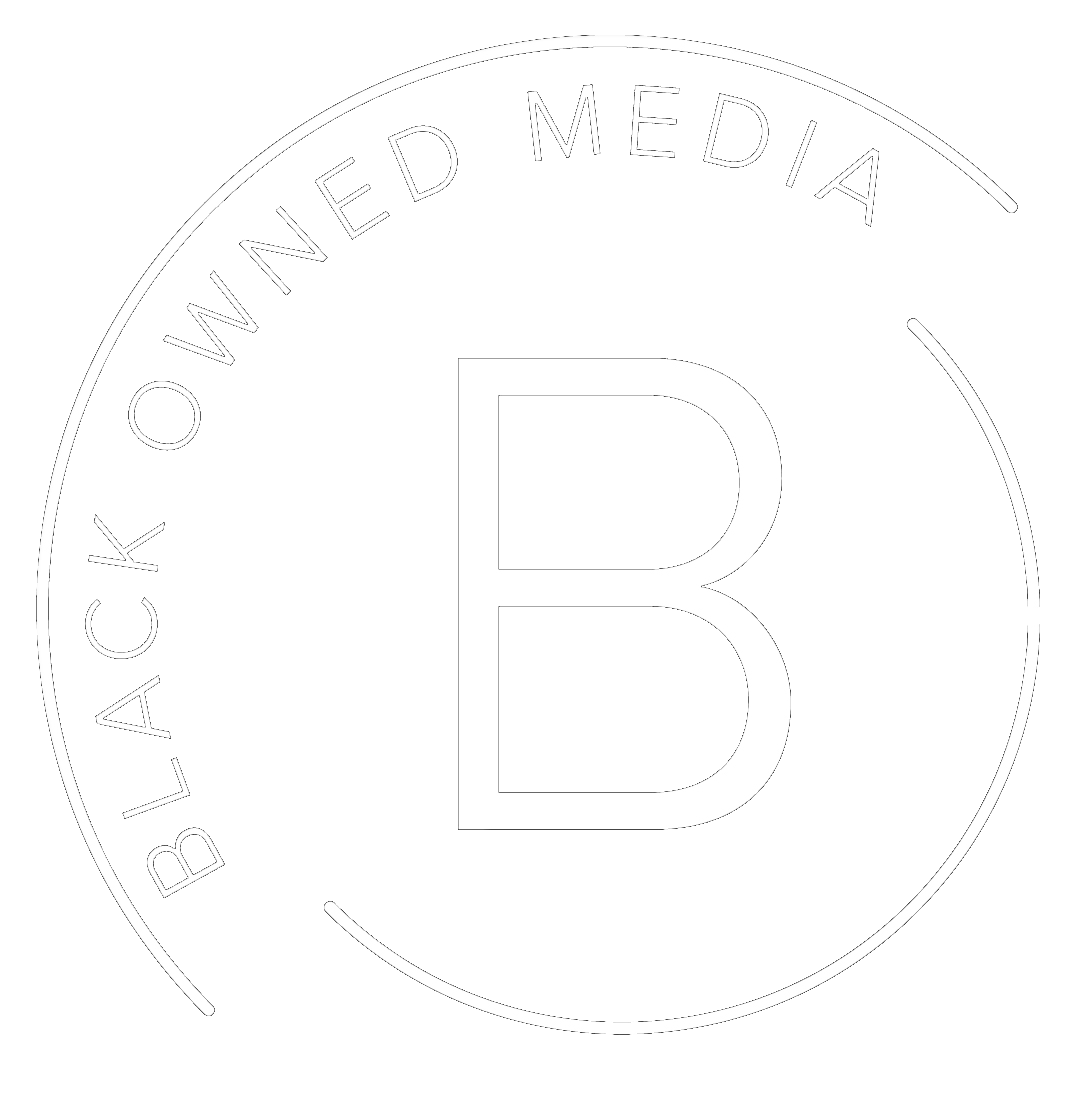
SARAH NAIRNE | ACTOR
City: Waterloo, ON
Instagram: @canvassarah
Previous work: Come From Away, Canadian Premiere of The Color Purple at Neptune Theatre, and the Citadel Theatre/Royal MTC
Born and raised in the quaint town of Waterloo, Ontario, Sarah Nairne built up a name for herself nationally as an actress, vocalist and all-around creative. In 2018, she took her love for the arts professionally, playing in productions like The Color Purple at Neptune Theatre, and the Citadel Theatre/Royal MTC co-production, Maddy in THE INVISIBLE at Catalyst Theatre, and Cinderella: The Panto (Drayton Entertainment). As a multi-faceted performer, Nairne landed roles in musicals, theatre productions, voice acting and more.
Nairne has also spent time developing her directorial AND dramaturgical skills in the emerGENce Fusion Film & Theatre Festival producing two shorts, and exploring her artistic practice in the Black Theatre Workshop Artist Mentorship Program and has taken on multiple roles working in the theatre industry in Ontario.
One of her biggest highlights was starring in the hit musical Come From Away with Mirvish productions and not the Australian National Tour.
More about Sarah Nairne
How were you first introduced to your creative discipline?
“In a non-professional sense, I did a lot of singing at home to Barry White/Luther Vandross. I started out in music as a kid, with strings in school, and that took me to military band and all that time singing in the background. I didn’t have a lot of plans to work as an actor, but then I started in community theatre when I was in high school/university and was hooked from there.”
How has your city, region or places you were raised impacted you artistically/creatively?
“I was very blessed to be raised in a city (Waterloo Region/Haldimand Tract) that was starting to create music/vocal programs for young kids, and I joined when they were relatively new, so I got to have a lot more face time with vocal teachers, and music directors and these programs had connections with Drayton entertainment, which eventually took me into the professional sphere.
Outside of the direct ties, I was mostly influenced by my church and my family and the people they knew as far as music went and the LINK Picnic festival (Celebration of Caribbean Heritage). All of those things were really a way to feel confident about my voice, and my ability and to explore what else was possible with it.”
What obstacles and challenges have you had to face to get to where you are today?
“I’ll preface that most challenges I have to face are mostly ongoing, and you can make a lot of progress on them but they also rear their head sometimes. That isn’t the same for everyone, and I’m sure there are things I have overcome, but they don’t affect my work nearly as much as things that are recurring. Breaking or rather, expanding the possibilities of what I could do. i think people would initially hear my sing, and be like “oh you have this jennifer hudson type voice” and when I was young, that was great because you’re looking for someone to tell you you have the chops. As I got older though, it was really frustrating, and limiting to my development when people did that because all it said to me is you’ll never be anything more than that Black girl who only has this to offer, especially because on the flip side, there were Black people asking me if “they” told me to sing like that. It’s incredibly frustrating, and it still happens. On top of that, I have no formal training outside of now in my professional career, so you’re really having to prove what’s possible to people, and force them to consider something else outside of the Black girl singing the soul – I contain multitudes, as people say. Let me also be clear, I love to belt out a song, to riff and the richness of all of it still, and it’s hard to find a balance of people appreciating the technical difficulty and skill that it takes to do it while also understanding that you don’t have to, and can really do whatever you want to tell your story.
Another would be I had a significant vocal injury after the pandemic, something that had never happened in my life and it was/is devastating. It’s an ongoing process but I think it’s something that gets hidden away in the industry, and there’s a lot of stigma around it when it mostly happens out of nowhere! I wish that we could find more space for it (which I was blessed with where I was at the time). And this work we do, cuts so deep sometimes when something like injury happens, not just vocal but anywhere, we think we’re done, no one will want us anymore or there’s no rehabilitation – we’re cooked. And those feelings bleed into our regular life. I think the best thing I’ve ever heard about being an artist, and this was mostly about working for a company but I think it goes beyond that, is that the professional wounds are also personal (DM St. Bernard) and the opposite can also be true. The dividing line between this is your work and this is who you are is so very hard to see sometimes, and like I said earlier, I don’t know that I’ve overcome that but I’m working on it.”




